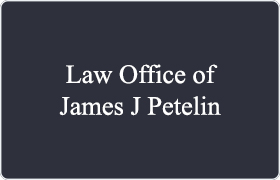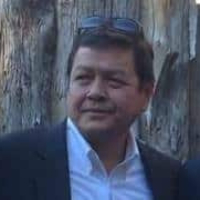Sacramento Felony Lawyer, California
Sponsored Law Firm
-
 x
x

Click For More Info:
-
Law Office of James J Petelin
1550 Humboldt Road, Suite 4 Chico, CA 95928» view mapDivorce & Family Law Effective, Client-Focused Representation
James Petelin is a practicing attorney in the state of California who focuses on Family Law.
800-943-9701
Richard Thomas Dudek
✓ VERIFIEDCriminal, Felony, Misdemeanor, White Collar Crime, DUI-DWI
Certified Criminal Law Specialist
Richard Dudek knows the Sacramento courts, procedures and prosecutors. Our highly skilled defense team includes licensed private investigators who use... (more)
Joseph Patrick Hougnon
DUI-DWI, Personal Injury, Felony, Misdemeanor
Status: In Good Standing Licensed: 28 Years
FREE CONSULTATION
CONTACTJames Murray Warden
Military & Veterans Appeals, Misdemeanor, Felony, Criminal
Status: In Good Standing Licensed: 36 Years
FREE CONSULTATION
CONTACTFREE CONSULTATION
CONTACTWraymond K. Plummer
Felony, DUI-DWI, Criminal, Children's Rights
Status: In Good Standing Licensed: 23 Years
 James Petelin Chico, CA
James Petelin Chico, CA AboutLaw Office of James J Petelin
AboutLaw Office of James J Petelin Practice AreasExpertise
Practice AreasExpertise

